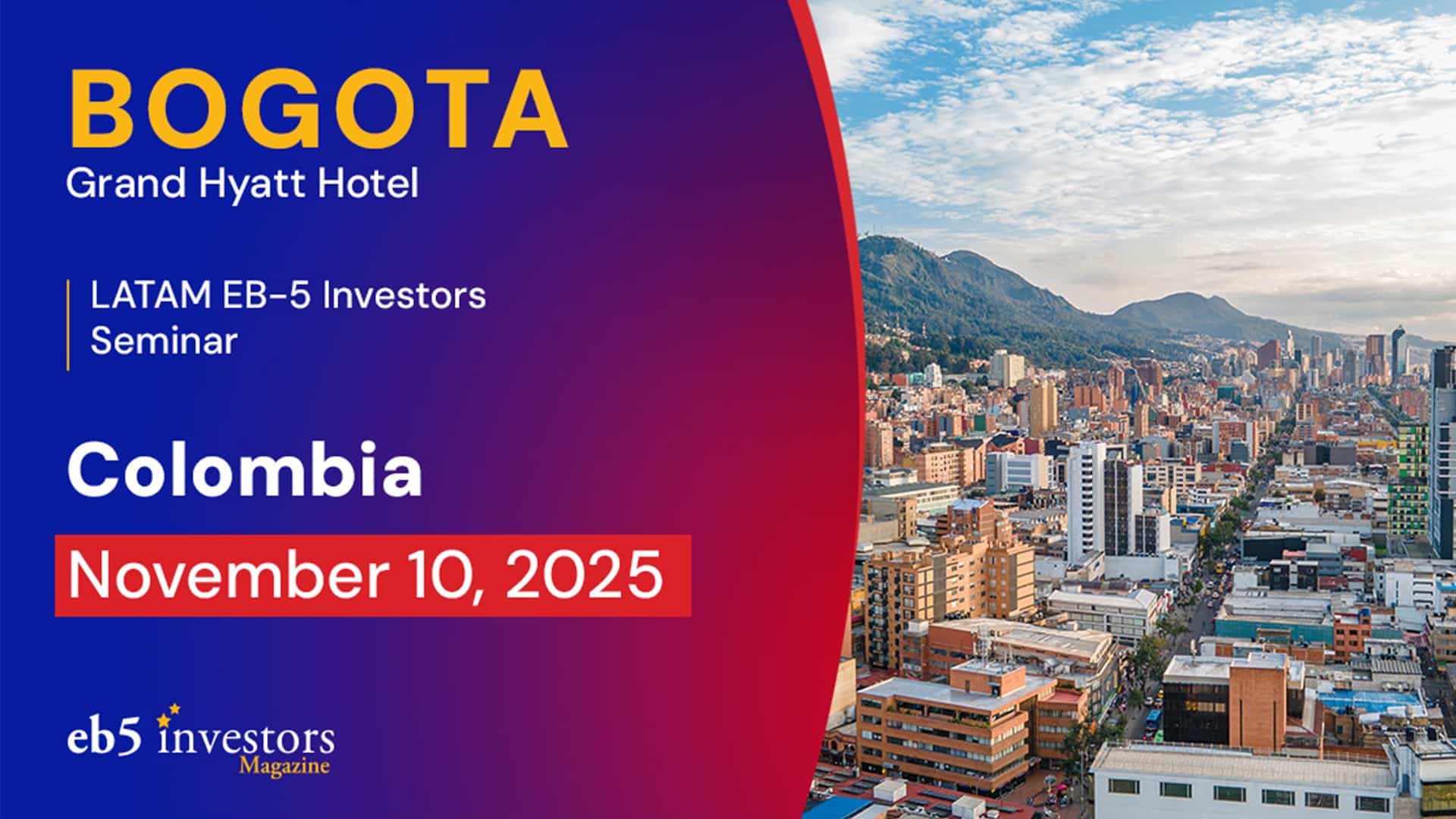 EB-5 Investor Basics: Overview of Countries with Currency Restrictions:
EB-5 Investor Basics: Overview of Countries with Currency Restrictions:
The EB-5 immigrant investor program has grown tremendously in popularity over the past several years. Investors immigrate to the United States through the EB-5 program from around the globe. Each investor must file the Form I-526, Immigrant Petition by Alien Entrepreneur, accompanied by documentation showing the lawful source of their invested funds. Investors from the countries listed below face additional challenges relating to country-specific currency restrictions and U.S. economic embargos. It is important for investors from these countries to consult with experienced EB-5 immigration counsel who can advise on the proper channel for transferring funds from the investor’s native country to the United States.
CHINA:
China has foreign currency restrictions limiting each Chinese national to exchanging a maximum of $50,000, per year, for personal consumption purposes. Therefore, it is common practice for Chinese nationals to utilize at least 10 friends/family members to help facilitate the exchange of currency for the EB-5 investment. Additionally, Chinese investors may utilize an individual or currency exchange business in the Special Administrative Region (SAR) of Hong Kong, where the foreign currency restrictions on the mainland are not applicable.
SOUTH KOREA:
South Korean laws place export restrictions on EB-5 investors. Specifically, South Korean laws allow investors to wire funds to the EB-5 project in the United States only upon I-526 approval.
VIENTAM:
Vietnam limits the export of Vietnamese currency abroad. Vietnamese nationals typically employ a credit institution to transfer currency abroad for the purpose of making their EB-5 investment. This entails use of a third party money transfer agent who will receive the EB-5 investment funds in Vietnam, and then transfer the amount from the third party money agent’s office abroad to the selected EB-5 project in the United States.
IRAN:
The economic embargo that the United States has imposed on Iran presents unique challenges for Iranian nationals wishing to invest in the United States through the EB-5 program. Iranian investors must apply to the Office of Foreign Assets Control (OFAC) for a general license, thereby allowing the Iranian investor to transfer their funds to the United States through the EB-5 program.
SYRIA:
Similar to Iranians, Syrians must obtain a license through OFAC in order to move funds from Syria and invest in the United States. Syrian investors must apply for a specific license from OFAC.
INDIA:
The Indian Government has restrictions in place to limit the outflow of the rupee by reducing the limit for annual outbound remittances made by Indian nationals from $200,000 to $75,000.
MIDDLE EAST AND NORTH AFRICAN COUNTRIES:
Investors in certain Middle Eastern and North African countries face currency restrictions on the export of currency. Investors in these countries may utilize the Hawala system to facilitate their EB-5 investment in the United States. Generally, the Hawala system involves use of a system of brokers who receive the EB-5 investment funds in the investor’s native currency, exchange the value of the funds in another country on behalf of the investor, and finally transfer the funds for the EB-5 investment.
DISCLAIMER: The views expressed in this article are solely the views of the author and do not necessarily represent the views of the publisher, its employees. or its affiliates. The information found on this website is intended to be general information; it is not legal or financial advice. Specific legal or financial advice can only be given by a licensed professional with full knowledge of all the facts and circumstances of your particular situation. You should seek consultation with legal, immigration, and financial experts prior to participating in the EB-5 program Posting a question on this website does not create an attorney-client relationship. All questions you post will be available to the public; do not include confidential information in your question.








